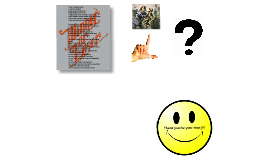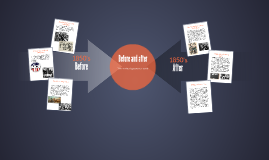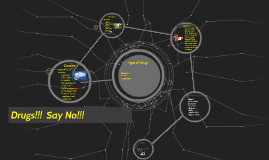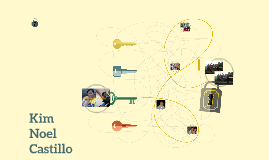Before and After
Transcript: Feedback and Reflection Critical Friends Collaboration At the beginning of the Diploma Program collaborative process did not exist in my practice whatsoever. I did not create opportunities to work collaboratively with like minded individuals, nor did I utilize collaborative learning strategies in my classrooms. OK, I didn’t even have a classroom so that was pretty bad too. Active Listening It's only through listening that you learn, and I never want to stop learning. Drew Barrymore Minimizing internal distractions, really focussing on the speaker, using proper response, keeping an open mind really helped me with improving my listening. Listening to colleagues gives me support and understanding Critical Friends -Tuning Protocol -Collegial Relationships Week 4 –Stewards of Booth Creek Project Focus: Group work and Collaboration Group: Medical Doctors Concern: Carrigan complains that she isn’t appreciated in her group and that her ideas are being passed on. Curtis made pictures, left a comment on the group’s discussion board and started working on the slide show. Was this discussed with the group? What are others doing? What to do: Provide tools to develop positive interdependence Group: Knight of square table Concern: No common goal, no common questions What to do: This team needs to develop positive interdependence (roles!!!!) When everyone has a role and therefore a clear task within the group they may produce something collaboratively Also...team meetings! (show them Alexander’s notes of Adv. 7th team meeting) Team: Dragon Riders Concern: Mollie Anne and Westley are friends and are working together. Vanessa is the smartest kid in the group. Why isn’t she involved? Ylvalie is ESL, how can she be included? What to do? Pos. Interdependence –roles! Team meeting Wednesday – Advisory –have a mini lesson on Positive interdependence and introduce the roles (have the copies of the reading section from Laura’s book). If need to –work on questions with groups for Pamela and Darcy. Feedback and Critical reflection: “when people have decided that you have earned their trust, they may choose to speak publically about negative aspects of your actions”. Stephen Brookfield RE: Why was collaboration so important Collaboration was one of the reasons I gravitated towards teaching at the middle school level. I knew there was more collaboration being done here than at the elementary and high school levels. As a new teacher I think it is critical to be able to collaborate just to keep your head above water and then as a veteran teacher collaboration can keep you sharp trying new things. As far as the collaboration we did, I think the informal discussions we had were more beneficial than some of the formal meetings. Next year when we try PBL again I would like to try it in smaller teaching groups purely from a management angle that way formal meetings will be better used because more meetings are needed outside our regular prep time and with fewer people meeting times are easier to arrange. I hope this is what you were looking for. Thanks for all your help and input this year, Anders And time for reflection with colleagues is for me a lifesaver; it is not just a nice thing to do if you have the time. It is the only way you can survive. Margaret Wheatley As a result of collaborative work with my colleagues, learning in collaborative groups with my students, using critical friends and listening and reflecting critically I can say that I feel confident and comfortable taking on bigger and bolder tasks, voicing my opinions, sharing my experiences, analyzing my own work, asking for advice and exposing my weaknesses. I am looking forward to opportunities to work collaboratively and try on new things. Leadership in my classroom Before “teaching from the textbook”. “teaching behind the closed doors” As Parker Palmer put it in “Let Your Life Speak”: “Before I can tell my life what I want to do with it, I must listen to my life telling me who I am." After Cooperative Learning with students Spencer Kagan and Cooperative Learning Excerpt from my field study notes: Wednesday, October 6th I decided to move the desks away and have the students spend 3 days with no desks, just in the chairs in a circle or a horseshoe formation. ON Wednesday, the students were genuinely curious and responded well. The idea was explained to the students: to create a closer, tighter environment where everyone could interact freely, without “borders”. In the first part of the day we played some icebreakers –lined up as a class, sat in a circle, etc. We brainstormed “Active Listening Skills” and came up with definitions and wrote them on the board. Then we discussed what constitutes “Support” and created a web on the overhead: Students suggested: cheering, help, understanding, physical help (being there instead of calling or texting), consoling, At 2;40 we introduced a “pass a feather” activity (perfect for a circle): students were given rules of this sharing

















